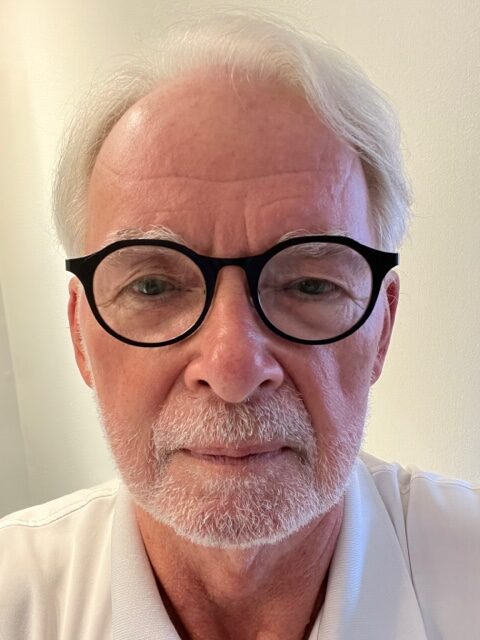Thoughts on Family

In our family, we inherited two opposing views of “family.” My father came from an old Danish family, whose definition of “family” meant those whom by law one was prohibited to marry; the rest were “relatives.” My mother came from a large old Latvian farmers family of nine children. Her interpretation of “family” was as broad and inclusive as possible – even extending the title of “aunt” or “uncle” to completely unrelated but dear people! That is also my interpretation of “family” and of Latvian “family”: let’s make it as broad and inclusive as possible! Let’s include as many as we can! After all, we are a numerically small people and we simply cannot afford to lose anyone from our “family” because of pre-conceptions or prejudices. Mēs, beidzot, esam maza tauta; nevaram atļauties nevienu nepieskaitīt mūsu latviešu ģimenei.
This summer, I participated in several meetings of the Diasporas konsultatīvā padome (The Consulting Committee for Diaspora Affairs or DKP), which is part of the Latvian Foreign Affairs Ministry and includes representatives of various governmental ministries and agencies as well as representatives of Latvian organizations outside of Latvia. Currently approximately 420,000 Latvians live outside of Latvia — almost 20% of all Latvians! The main focus of these meetings was to create a three-year plan for co-ordinating work between Latvian state institutions and diaspora groups. The goals of this co-operation as stated in the current Diaspora Law are to:
- strengthen Latvian identity and belonging to Latvia and preserve the Latvian language outside of Latvia
- strengthen the participation of Latvian citizens abroad in Latvian politics and voting
- engate the Latvian diaspora in Latvia’s economic and scientific development
- encourate re-immigration (return) to Latvia
In short: The DKP’s goal is to strengthen and expand our Latvian “family” in Latvia and the world.
That has been the mission of the LNAK since its founding in 1949, and we continue to strive to do just that! Of course, there have been problems and obstacles. The long distances between Latvian communities in Canada, assimilation, the decline of Latvian language skills, and other challenges of everyday life have continually forced us to examine the boundaries of our belonging to the Latvian “family.” Who belongs? Who does not? How do you understand your belonging?
I personally believe that the role of the LNAK in the current Latvian government’s diaspora policymaking is to relentlessly remind all governmental bodies that the Latvian “diaspora” should be seen in the broadest and most inclusive terms. I believe this to be necessary for the Latvian people to flourish in Latvia and throughout the world. We should always be pushing the boundaries of belonging ever wider to include everyone whose attachment to Latvia and Latvian culture will certainly be different but perhaps just as heartfelt and meaningful.
I think that within our Latvian “family” everyone should be cherished and respected — no matter if your Latvian is perfect or not, no matter whom you love, no matter how you wish to define yourself! You are — and always will be — a treasured member of the Latvian family. And the LNAK welcomes you with open arms!
